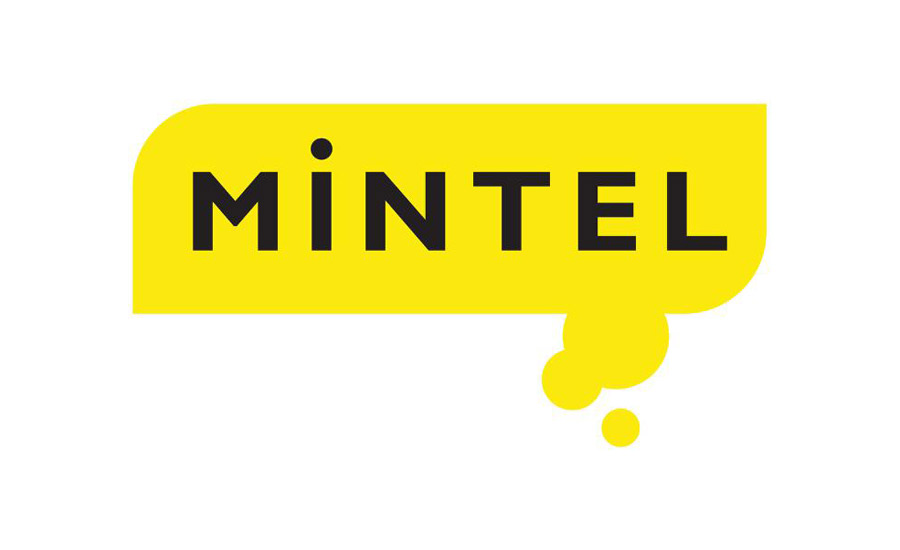As Americans move away from traditional meal occasions, snacking more throughout the day, consumers are seeking healthier snacking options. New research from Mintel reveals that three in four (73%) consumers are willing to pay extra for snacks made with high quality ingredients. Further evidence of their desire for healthful foods, half (50%) of consumers say healthier snacks would motivate them to buy more from specialty snack shops.
With snacking now ubiquitous, more than three in five (64%) consumers agree that snacking is necessary to get through the day, including 77% of Millennials, who are the most likely generation to visit specialty snack shops (85% vs 68% of consumers overall). And while 60% of Americans visit snack shops on a mission to treat themselves, Millennials are more likely to be motivated by healthy snack options (68%). What’s more, an extra boost of energy is also a motivator for Millennials as two in five (38%) dine at snack shops for energy compared to one quarter (27%) of consumers overall.
Despite high levels of interest, specialty snack shops face stiff competition from retail: two in five (41%) consumers agree that packaged snacks from grocery stores are better than items from snack shops, including 63% of Millennials. Recognizable brands also play a role when choosing snacks, as seven in 10 (69%) consumers say snacks with branded ingredients prove to be higher quality than other snacks. Moreover, seven in 10 (71%) Millennials say snacks are best eaten while on the go, signaling the importance of efficient ordering processes at snack shops.
“Snacking is now a staple of the American diet, and as consumers snack more often, they are looking for healthier ways to indulge with high quality ingredients. By including healthier snacks on menus, shops can expand their appeal beyond Millennials, America’s primary snacking generation,” said Diana Kelter, Foodservice Analyst at Mintel. “Snack shops are in a great position to promote themselves both as a destination for the occasional treat and a quick stop for eating on the go. To further compete with the dominant retail snack market, speciality shops should have pre-packaged options available for consumers, as well as partner with recognized brands to offer branded snack fusions.”
Customization presents an opportunity for specialty shops to differentiate themselves from retail competition, especially when targeting parents. Indeed, more customizable snacks would motivate 30% of parents to more frequently visit snack shops (vs 18% of non-parents). A similar number of parents (28%) are interested in more snacks with unique flavors (vs 17% of non-parents). Overall, one third (34%) of parents would be inclined to visit snack shops more often if they included more snack options for children.
“There is a movement among parents to expand the palates of their children by introducing them to more diverse flavors that don’t typically fit into a kids’ menu. As this trend gains momentum, customizable and build-your-own menu options are rising to the occasion. This gives specialty shops the chance to differentiate themselves by providing unique snacks that appeal to the entire family,” continued Kelter.
Deals and value offers are key motivators for consumers to visit specialty snack shops instead of opting for the convenience of retail offerings. Mintel research reveals that snack shops can attract new consumers and reward regulars by offering loyalty programs, which motivate 37% of consumers to visit more often.
When unveiling new menu items, promotional pricing motivates 35% of consumers, including two in five parents (39%). And in line with Millennials’ interest in going to shops to enjoy a snack with friends and family (39%), two in five (38%) would visit snack shops more often if they offered social-themed promotions such as happy hours.
“Loyalty programs are important for various reasons. First and foremost, it’s a way to retain satisfied new customers while incentivizing returning customers. As digital loyalty programs advance, it’s also a way for shops to gather consumer purchasing behaviors and preferences. Thanks to the inherent social aspect of snack shops, they have a unique opportunity to focus on the happy hour model to encourage group gatherings,” concluded Kelter.
High Margins for Quality Snacks
Three in four Americans are willing to pay extra for snacks with high quality ingredients
